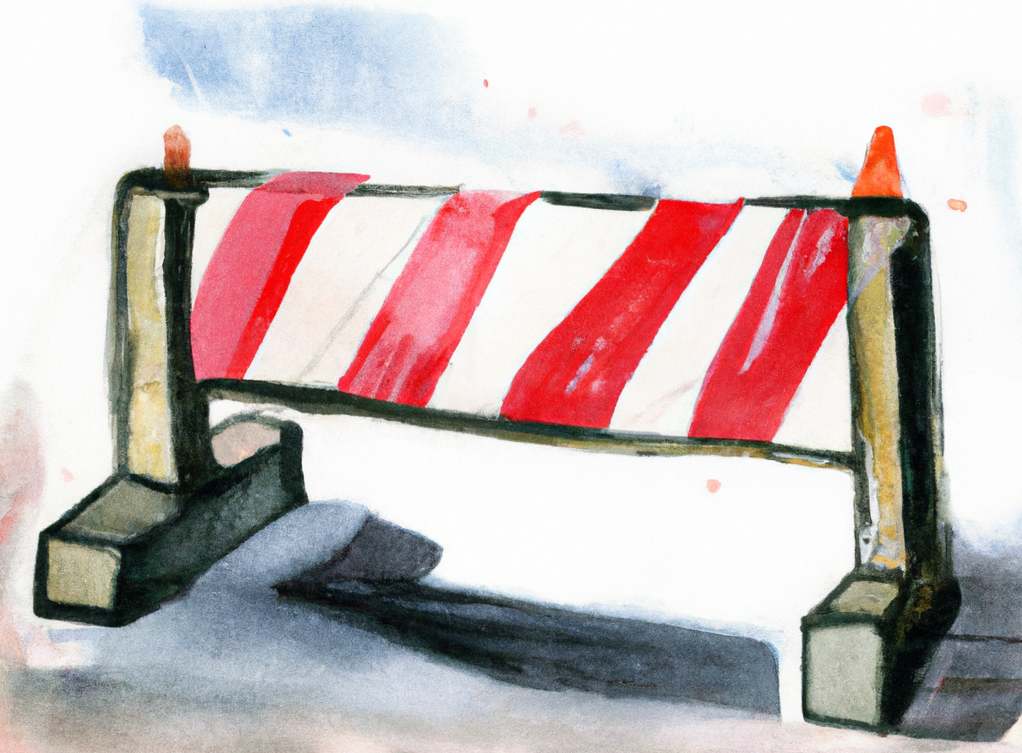Burbank, CA — The Burbank Police Department announced its plans to conduct a DUI checkpoint on August 26, 2023, starting at 9:00 P.M. at an undisclosed location within the city. While the operation may seem like a laudable attempt at curbing impaired driving and promoting public safety, several critical concerns call its efficacy and ethical grounding into question.
Misallocation of Resources
Firstly, this checkpoint is funded by a grant from the California Office of Traffic Safety, via the National Highway Traffic Safety Administration. At face value, a funded project may not seem like a fiscal burden. However, the grant system is a zero-sum game. Every dollar spent on a DUI checkpoint is a dollar that could be returned to the community through tax reductions. Accepting grants for such projects directly affects Burbank taxpayers.
Questionable Efficacy
The deterrent effects of DUI checkpoints are far from conclusive. Studies have shown that the efficacy of these checkpoints in reducing alcohol-related incidents is limited, particularly when compared to other law enforcement tactics that are less intrusive and more strategic. In a time when resources are finite, it becomes crucial to prioritize initiatives with proven track records. A review of police overtime data provides clear and convincing evidence that police time is limited.
Constitutional Concerns
DUI checkpoints also bring up uncomfortable questions concerning civil liberties. While the U.S. Supreme Court has upheld the legality of such operations, they still challenge the Fourth Amendment by stopping drivers without specific suspicion of a crime. This intrusion into individual rights remains a point of contention among Constitutional scholars and should not be taken lightly.
Narrow Focus
Moreover, the approach of DUI checkpoints is inherently limited, targeting only a fraction of the broader issue of substance abuse and impaired driving. These operations don not address the root causes of DUIs. The focus, therefore, should shift towards more lasting solutions that can create a significant impact, such as community focus on family values and better parenting.
Traffic Congestion
Lastly, DUI checkpoints are often synonymous with traffic bottlenecks. These create unnecessary delays and inconveniences for law-abiding citizens, raising questions about the operational efficiency and public goodwill of such programs.
Conclusion
While the intentions behind Burbank’s upcoming DUI checkpoint may be noble, its dubious efficacy, potential infringement on civil liberties, and other drawbacks make it difficult to endorse such an operation. We recommend that the City of Burbank reconsider the acceptance of the grant for this program and instead lobby for those funds to be returned to the community through more impactful initiatives or tax reductions.
Let us put our resources where they will make a real, lasting difference. If the goal is to improve public safety, we need to think beyond the quick fixes and aim for solutions that are both effective and respectful of our civil liberties.
Make your voice heard and email the Burbank City Council at: citycouncil@burbankca.gov


